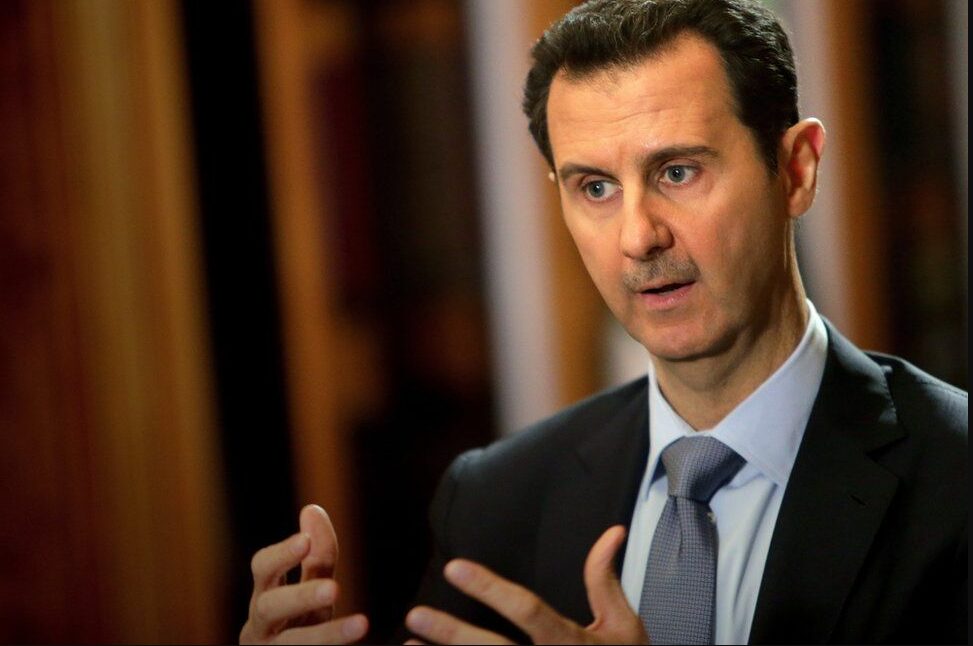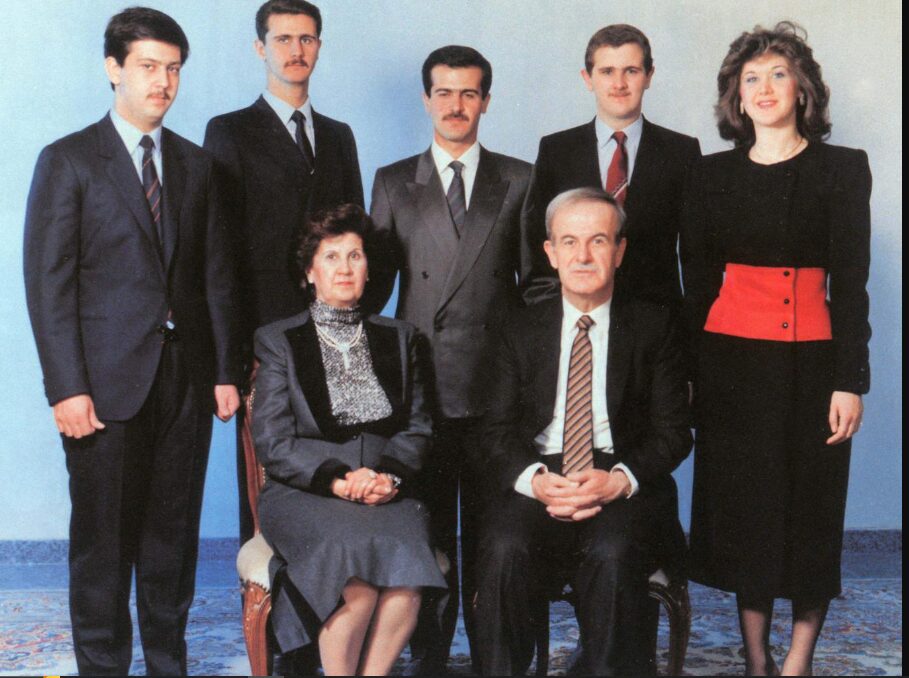What’s Bashar Al-Assad Net Worth?
Bashar Hafez al-Assad, the President of Syria and Regional Secretary of the Ba’ath Party, was born in Damascus on September 11, 1965.
With a noteworthy net worth of $1.5 billion, he assumed the presidency following the passing of his father, Hafez al-Assad, in 2000.
Hafez had governed Syria for a three-decade period until his demise.
Bashar Al-Assad Net Worth
Bashar al-Assad, once a Syrian physician, now a prominent politician, boasts a net worth of $1.5 billion.
Holding the presidency of Syria since 2000, succeeding his father, he concurrently serves as the President of Syria and Regional Secretary of the Ba’ath Party.

source: ichef
He ascended to power after the tragic demise of his older brother, who was initially in line for succession but passed away in a car accident in 1994.
Assad commands both the Syrian Armed Forces and the Central Command of the Arab Socialist Ba’ath Party.
Despite these roles, he is widely condemned for his leadership’s numerous human rights violations, exacerbating the Syrian Civil War and plunging the nation into severe poverty.
In response to his regime’s violent crackdown on civilians, President Barack Obama issued an Executive order on May 18, 2011, imposing sanctions against Bashar al-Assad and nine other officials.
These sanctions included travel bans and asset freezes, aiming to pressure Assad’s government into transitioning to a democratic system that respects the rights of the Syrian people.
Bashar Al-Assad Net WorthFamily Wealth
It is reported that the al-Assad family commands a substantial portion, estimated between 60-75%, of the Syrian economy, leveraging this influence to accumulate considerable wealth.

source: upload
Bashar al-Assad himself possesses a personal net worth of $1.5 billion, contributing to the family’s overall wealth, which is estimated to range from $60 to $120 billion.
Their holdings span across a diverse portfolio, encompassing real estate, natural resources, artwork, jewelry, and various other assets